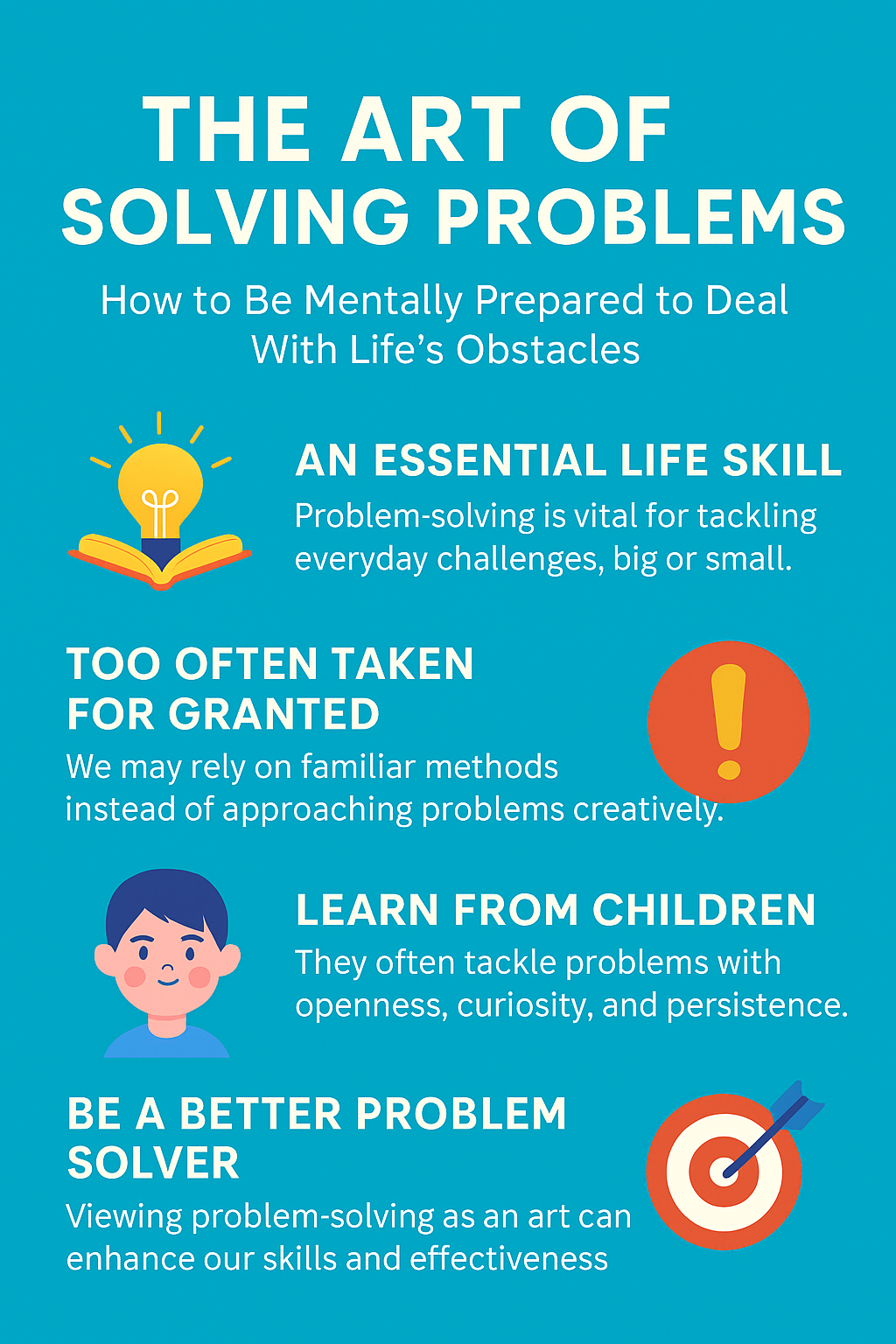The eBook advocates mindful eating as a sustainable approach to weight loss, emphasizing awareness, emotional balance, and holistic health over restrictive diets. It combines scientific insights with practical strategies for diverse lifestyles (busy professionals, seniors, etc.) and dietary preferences (plant-based, keto, intermittent fasting).
Chapter-by-Chapter Breakdown
1. Understanding Mindful Eating
- Definition: Eating with full sensory awareness, focusing on hunger cues and emotional triggers.
- Benefits: Reduces overeating, improves digestion, and fosters satisfaction with smaller portions.
- Target Groups: Helps emotional eaters, busy professionals (who eat distractedly), and seniors (promotes social mealtimes).
2. The Science of Weight Loss
- Calories & Energy Balance: Explains how metabolism and hormonal responses (insulin, leptin) affect weight.
- Hormonal Impact: Stress (cortisol) and sleep disruptions can hinder weight loss.
- Key Insight: Sustainable weight loss requires aligning diet with metabolic and hormonal health.
3. Intermittent Fasting Techniques
- Methods: 16/8, 5:2, and alternate-day fasting.
- Pros: Enhances fat burning, stabilizes blood sugar.
- Cons: May cause initial fatigue (“keto flu”); not suitable for everyone.
- Tip: Pair with mindful eating to avoid overeating during feeding windows.
4. Plant-Based Weight Loss Diets
- Benefits: High fiber, nutrient density, and lower calorie intake.
- Practical Tips: Batch-cook grains/legumes, prioritize whole foods over processed vegan alternatives.
- Challenge: Ensuring adequate protein (tofu, lentils, quinoa).
5. Weight Loss for Busy Professionals
- Time-Saving Hacks: Meal prep, HIIT workouts, mindful “mini-meals” during work breaks.
- Mindfulness Tip: Avoid eating at your desk; savor food without distractions.
6. Emotional Eating & Weight Management
- Triggers: Stress, boredom, happiness.
- Solutions:
- Journal to identify patterns.
- Replace food with alternatives (walking, meditation).
- Join support groups for accountability.
7. Home Workouts for Weight Loss
- Advantages: Flexibility, cost-saving, privacy.
- Routine Ideas: Bodyweight exercises (squats, planks), yoga, or virtual fitness classes.
- Mindful Movement: Focus on breath and form to enhance mind-body connection.
8. Weight Loss for Seniors
- Challenges: Slower metabolism, joint issues.
- Solutions: Low-impact exercises (swimming, walking), nutrient-dense meals, and social eating to combat loneliness.
9. Keto Diet for Weight Loss
- Mechanism: Low-carb/high-fat diet induces ketosis (fat-burning state).
- Tips: Monitor electrolytes, prep meals to avoid keto-unfriendly snacks.
- Caution: Consult a doctor if managing chronic conditions.
10. Hormonal Balance & Weight Loss
- Key Hormones: Insulin (blood sugar), leptin (satiety), ghrelin (hunger).
- Natural Supporters: Omega-3s, stress reduction (meditation), and sleep hygiene.
11. Mindful Eating Practices
- Techniques:
- Eat slowly, savor flavors.
- Pause mid-meal to assess fullness.
- Use smaller plates to control portions.
- For Busy Lives: Even 5 minutes of mindful eating per meal helps.
12. Weight Loss Challenges & Support Groups
How to Choose: Look for groups aligned with your diet (plant-based, keto) or lifestyle (seniors, professionals).
Power of Community: Accountability and shared tips (e.g., recipe swaps, workout buddies).

Eat Mindfully, Lose Weight:Practices for a Healthier Relationship with Food






